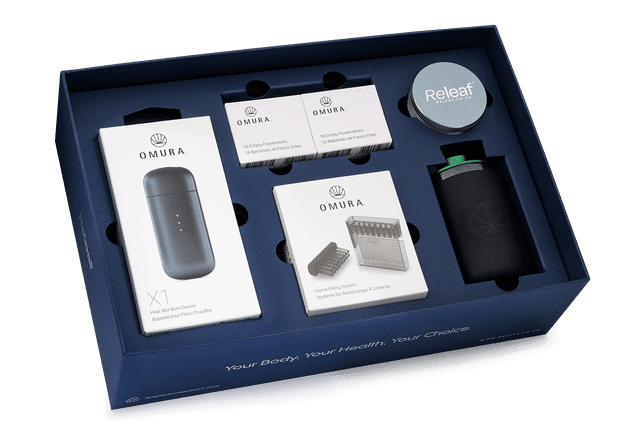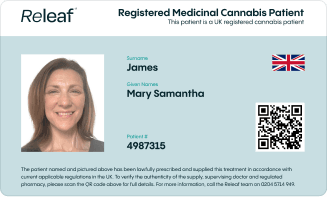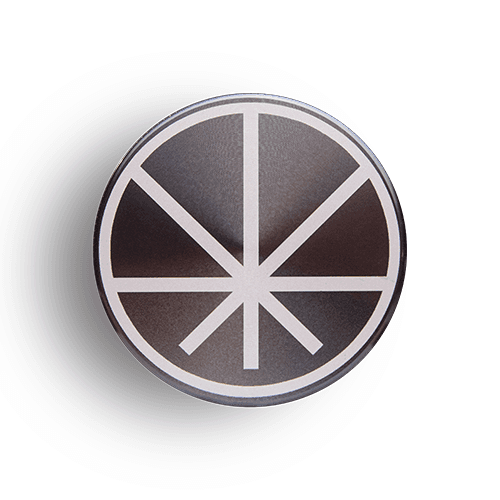It’s estimated that around one billion adults around the world suffer from sleep apnoea, which equates to around 1 in 7 of us, and yet the condition is seldom talked about. In fact, many people suffer from the condition without even knowing it, and this could be having an adverse effect on their health.
At its most basic, sleep apnoea is a condition that describes an interruption of breathing during sleep, with the most common form of the condition called obstructive sleep apnoea (OSA). It needs to be treated because although it’s not generally serious in itself, it can lead to other serious health complications down the line.
The symptoms of sleep apnoea include:
- Breathing stopping and starting
- Gasping, snorting or choking noises
- Frequent waking
- Excessive snoring
Sufferers of sleep apnoea may also find themselves suffering from tiredness during the day, with associated difficulties concentrating, headaches, and even mood swings.
How cannabis works to manage sleep apnoea
Cannabis offers patients sleep-promoting effects due to its interactions with the cannabinoid receptors in the brain. When it binds to these receptors, it increases the levels of sleep-promoting adenosine and also suppresses the brain’s arousal system, creating the sensation of sleepiness.
So far, so good. Cannabis seems to promote healthy sleep. But just how does it help with conditions such as OSA that occur during sleep? Early studies have shown that cannabinoid agonists such as dronabinol can help to improve respiratory stability throughout sleep periods and therefore help to reduce the effects of OSA.
In studies, sufferers of OSA were given pills of strength between 2.5 to 10 mg. The results were impressive, with a significant improvement in the apnoea-hypopnea index (the scale used to measure the severity of sleep apnoea) of 32% over a three-week period. That’s an improvement of one-third in just three weeks, meaning better sleep, less tiredness, and reduced irritability during the day.
Combining cannabis with other sleep apnoea management techniques
Although the early signs of the benefits of cannabis for sleep apnoea treatment are encouraging, it is not a complete cure. As such, it needs to be taken moderately and in tandem with other sleep apnoea management techniques. These include lifestyle changes such as:
- Losing weight
- Regular exercise
- Drinking alcohol moderately, if at all
- Smoking cessation
- Use of nasal decongestant
- Not sleeping on your back
- Avoiding sedative medications such as sleeping pills
None of these lifestyle changes specifically rule out the possibility of using cannabis as a means of relieving sleep apnoea. However, as well as these lifestyle changes, there are also a number of physical interventions or treatments that can help to prevent sleep apnoea. These include:
Positive airway pressure: This involves fitting a device to deliver continuous positive airway pressure (CPAC) which ensures all airways are kept open to prevent breathing interruptions. Although a very successful method of preventing apnoea, many patients find the idea of wearing a breathing mask in bed unpleasant or uncomfortable, although more modern masks are less intrusive.
Mouthpiece: These oral devices are designed to keep the airways open, usually by bringing the lower jaw forward, which relieves both snoring and apnoea. Other devices hold your tongue in a certain position.
Surgery: This is a more extreme method of treating apnoea and is only considered when all other treatments have been explored. It typically involves the removal of small amounts of tissue from the back of the mouth or top of the throat.
As cannabis combats sleep apnoea differently to any of the above intervention treatments, it can usually be administered in conjunction with them. However, you should always consult your doctor before making any changes to your current treatment plan.
Cannabis products for managing sleep apnoea
The two main ingredients in cannabis that produce effects on the human body are tetrahydrocannabinol (THC) and cannabidiol (CBD). Both have been shown to have beneficial effects on sleep in humans, however, the research is still in its early stages when it comes to what type of cannabis is the most helpful for sleep apnoea.
One particularly promising study into dronabinol, a synthetic version of THC, has shown particular benefits for helping with sleep apnoea, so this may be the place to start. Both THC and CBD have been shown to have positive effects for those suffering from chronic pain and other conditions, although there is as yet no direct link to sleep apnoea. However, the general positive sleep effects may help to ease some of the symptoms of tiredness and irritability.
If you are interested in how medicinal cannabis may be of help to you, then we highly recommend seeking the advice of a doctor that is both able to prescribe medicinal cannabis, and one that has experience doing so for your particular health concern.
Risks and side effects of medicinal cannabis administrationfor sleep apnoea
Some caution is advised in the application of medicinal cannabis in the treatment of sleep apnoea in that it can often lead to increased appetite, which in turn leads to weight gain, one of the underlying causes of sleep apnoea. In addition, as dronabinol is so far the only variant of cannabis to have a proven effect on sleep apnoea, it can be difficult to assess the exact quantities in any cannabis strain.
In conclusion
The administration of medicinal cannabis options for sleep apnoea is still in its early stages, from a scientific point of view. However, the early signs are looking very positive, and anecdotal evidence from apnoea sufferers who have taken medical cannabis sleep enhancers is similarly positive. As always, you should consult your doctor before trying any treatment, and it’s worth remembering that although often misunderstood, sleep apnoea is a serious medical condition that can have long-term health consequences. However, as research continues, there’s hope that cannabis will be able to offer some of the one billion apnoea sufferers around the world some respite from the condition.





